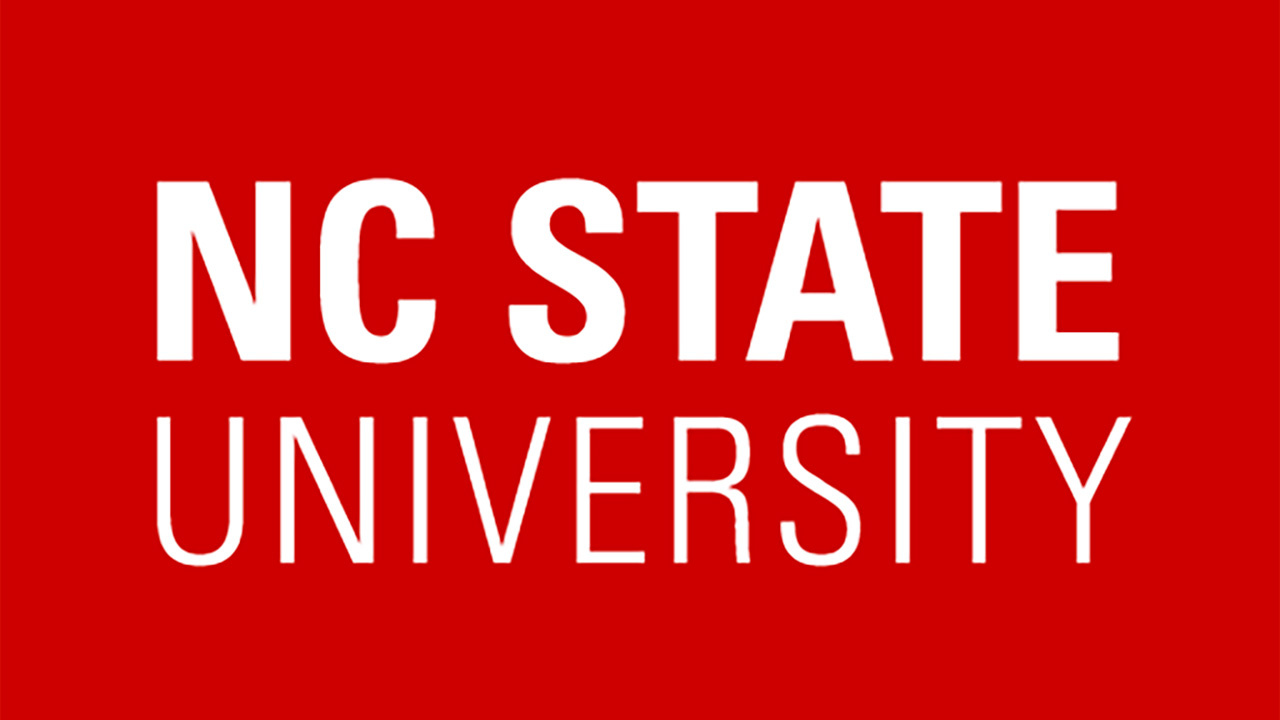About us 2
About Us
Our Goal
We believe in generating new knowledge through research and practice to address pressing and challenging problems in global water/wastewater and sanitation.
- Combining biological process engineering with micro/biotechnological tools to improve analysis, design, and operation of natural and engineered waste transformation (to value products and energy) systems.
- Addressing sanitation issues in underserved communities.
- Understanding microbial community structure and function and linking this knowledge to engineering solutions.
Our Approach
Our research goals direct our choice of methods.
We use molecular (DNA- and RNA-based) techniques, mathematical modeling, and lab and field scale experimental approaches to generate new insights and advance the leading edge of environmental engineering. We integrate results from experiments at different scales with microbial ecological theory such as microbial community assembly in engineered bioreactors.
We strive for convergent research, aiming to contribute with our engineering and science skills, as well as our experience in several countries, to attempt to increase access to sustainable sanitation, and protect public health and the environment. We work with social scientists and public health experts, understanding that convergent and multidisciplinary research is needed to address the complex challenge of global sanitation.
Our Values
We believe that our research efforts should advance scientific knowledge and result in positive impact, especially for underserved communities. We believe in collaboration and true partnerships that are based on mutual trust, and that help develop needed capacity.
My Teaching Philosophy
Anchor 1. “Students don’t care what you know, until they know that you care”. In the face of challenges during and after the pandemic, I strive to get to know each student, so that they know that I care about them, that I see their challenges, and I care about their future success. This also extends to understanding that individual students have different learning styles, and so I try as much as possible to tailor my approach to accommodate different styles (such as visual vs. verbal, active vs. reflective).
Anchor 2. “Meet them where they are”, which aims to communicate clearly through students’ lenses and frameworks, and to be clear about expectations and responsibilities. I continue to strive to understand differences and characteristics of each generation of students.
Anchor 3. Creating a safe and supportive learning environment where students can learn to be critical, independent thinkers who are concerned with addressing global and technical environmental engineering problems. I see my students as future leaders, and therefore should be globally aware, who can empathize with the underserved, and who can articulate and design possible solutions to engineering and societal challenges such as the UN Sustainable Development Goals.
Anchor 4. An emphasis on the “why”- the motivation behind each learning outcome, and behind education in general, while showing possible “hows”, and always maximizing chances for students to discover for themselves.
Anchor 5. Encouraging and nurturing intrinsic motivation. By empowering students to discover their strengths, they gain confidence in their own capabilities and thinking.
